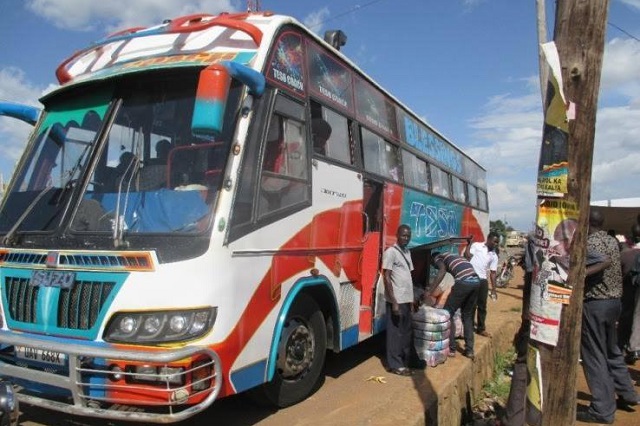
Kampala, Uganda | THE INDEPENDENT | Bus operators in Moroto have shunned the new bus terminal, which was commissioned by President Yoweri Museveni more than a month ago.
Moroto Bus Terminal, constructed by Uganda Support to Infrastructural Development- USMID was completed in April and handed over to the Moroto Municipality authorities. The bus terminal accommodates up to 16 buses and several other cars and has 30 lockups including restaurants, coffee shops and offices for bus operators.
The terminal constructed at a cost of 3.8 billion Shillings, was earmarked as one of the main sources of revenue for the municipality. It is expected to generate at least 10 million Shillings every month.
But the bus operators and other businesspersons who initially expressed interest to conduct business in the bus terminal are yet to relocate. Gateway Bus Company and Teso Coach, that ply Moroto- Kampala route on a daily basis have expressed different demands to be able to relocate to the terminal.
Ahmed Dekow, the manager of Gateway Buses in Moroto says he is not comfortable with allocations by the municipality in the new park. He explained that their competitor, Teso Coach was allocated a better place in the park, something he feels might affect their business. He also highlighted financial challenges to enable the buses to shift.
Kassim Toloi, the manager of Teso Coaches, on the other hand, complains that other competitors in the industry especially taxis have not yet been regulated, which raises a disadvantage for them. Toloi argued that while the municipal authorities were encouraging buses to move to the new park, the taxis were left at liberty to operate in Camp Swahili, the business hub in Moroto town.
Edson Mugarurwa, the member of Moroto Municipal Development Forum in charge of the business community says that all the issues raised by the bus operators will be handled to ensure that the buses start operating in the terminal by next week.
In May, Moroto Municipal Council set up three committees to handle allocations, grievances and appeals arising from the management of the bus terminal.
When URN visited the new bus terminal, only a handful of lockups had been occupied by traders. The park is currently used by taxis and bodaboda cyclists. One of the traders in the lockup told URN on condition of anonymity that the lockups were expensive for most traders because of low business in the area.
But municipal authorities say the prices for lockups were arrived at following market survey conducted within Moroto town. Lockups at the bus terminal cost 200,000 Shillings per month, the price lower than private houses in town.
*****
URN
 The Independent Uganda: You get the Truth we Pay the Price
The Independent Uganda: You get the Truth we Pay the Price


